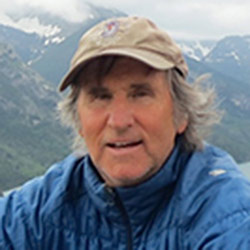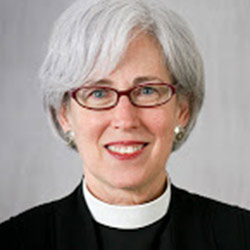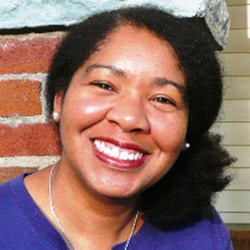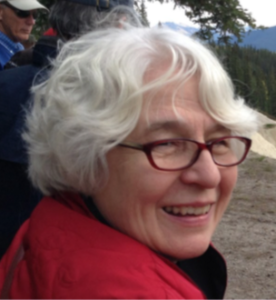Robyn Wrigley-Carr
In January, 2018, Evelyn Underhill’s Prayer Book will be published by SPCK, London. I wanted here to give you a tiny glimpse of how the Prayer Books were found, plus a taste of some of Evelyn’s prayers.
Last year, while on a research trip examining ‘echoes of von Hügel in Evelyn Underhill’, I visited The Retreat House at Pleshey (near Chelmsford, UK). While looking through some papers and books there, I stumbled upon Evelyn Underhill’s Prayer Book. It had been found at an Oxfam Bookshop many decades before by a Canadian priest who had posted it to Pleshey. Several Underhill scholars had assumed it had been lost decades before. As I read through the Prayer Book, I had the words of Grace Adophsen Brame echoing in my heart and mind:
…that little book of prayers which Underhill had … Read more



